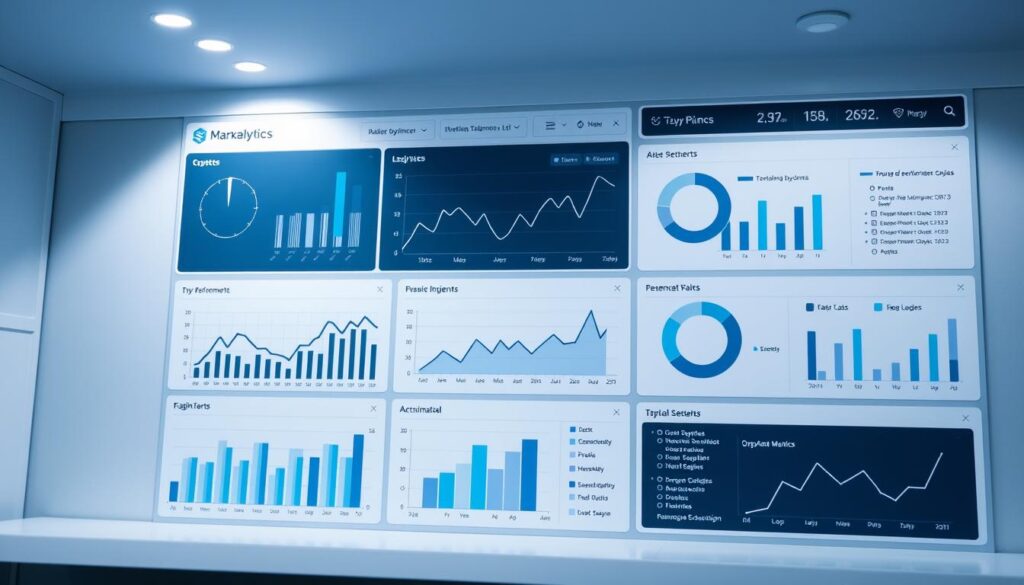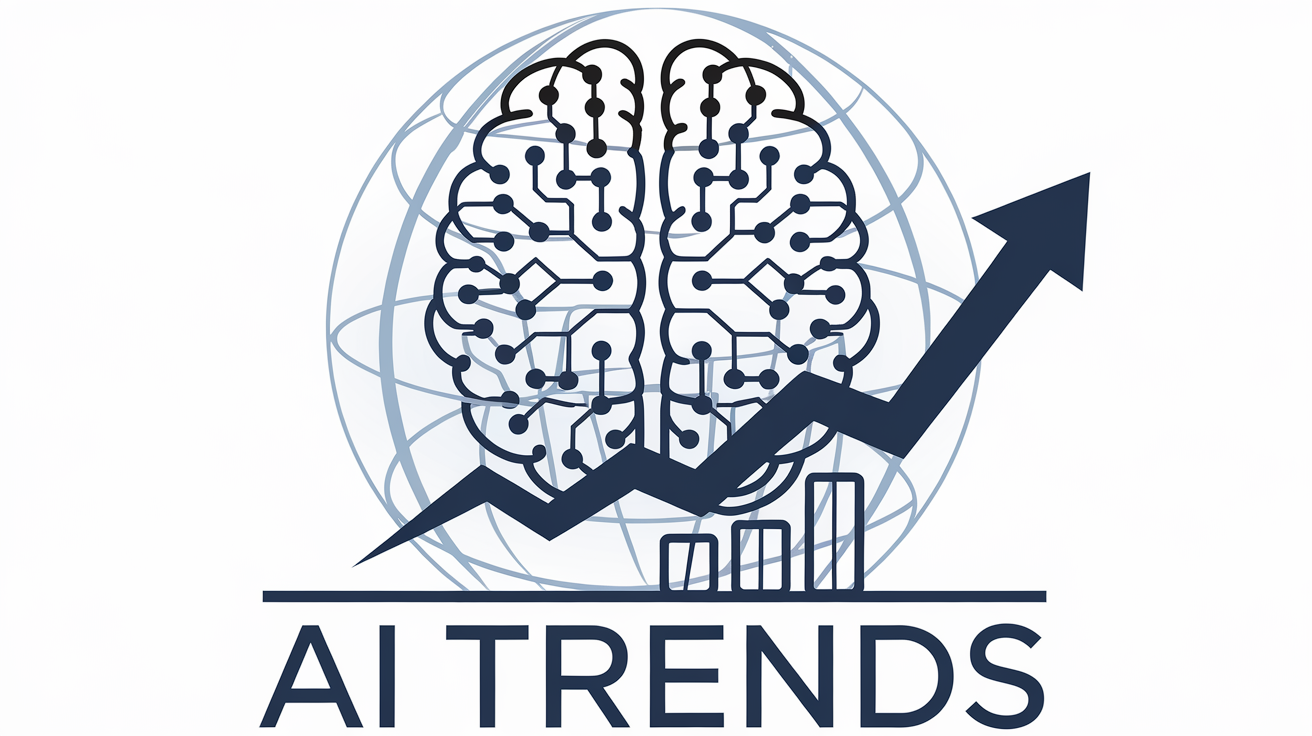Today, businesses are finding out how ai tools for business automation can change things. They help make workflows smoother and improve decision-making. Artificial intelligence tools save time and increase productivity. They open up new possibilities for everyone, from startups to big companies.
Table of Contents
ToggleKey Takeaways
- ai tools for business automation reduce manual tasks and errors.
- Implementing artificial intelligence tools improves data-driven decisions.
- Automation drives cost efficiency and scalability across industries.
- These tools simplify processes like scheduling, customer service, and data analysis.
- Businesses of all sizes can adopt AI to stay competitive in modern markets.
The Evolution of AI Tools for Business Automation
Business automation software has changed a lot. It’s now powered by advanced AI. Tools like machine learning and predictive analytics make workflows better, cut down on mistakes, and spark new ideas. Big names like Amazon and Netflix use these to understand customer needs better, offering tailored experiences.
How AI Is Transforming Business Operations
AI makes operations smarter by automating routine tasks and making decisions based on data. For instance, digital transformation tools help stores change prices quickly based on demand. In factories, AI predicts when machines might break down, saving up to 50% of lost time.
The Business Value of Implementing AI Automation
- Cost savings: Automating tasks like invoicing and payroll cuts down on labor costs by 30-40%.
- Scalability: Cloud-based business automation software grows with your company, without needing more staff.
- Risk mitigation: AI spots financial fraud quicker than people can.
Key Benefits of AI-Powered Workflow Solutions
These tools keep businesses running all day, every day. A
McKinsey study
shows AI makes supply chain work more accurate by avoiding human mistakes. Workers can then focus on creative tasks and connecting with customers, not just paperwork.
Understanding Different Categories of AI Automation Tools
Today, businesses have many ai for organizations solutions. These tools make work easier by handling specific tasks. Let’s look at some main categories:
| Category | Core Function | Use Cases |
|---|---|---|
| Robotic Process Automation (RPA) | Automates repetitive tasks | Invoice processing, data entry, payroll |
| Conversational AI | Powers chatbots and voice assistants | Customer service, lead qualification |
| Intelligent Document Processing | Extracts data from unstructured documents | Contract analysis, tax filings |
| Machine Learning Analytics | Identifies patterns in data | Inventory forecasting, sales predictions |
Each category has its own benefits. For instance, intelligent software for business operations like RPA cuts down on manual work. Conversational AI enhances customer service. Companies often use a mix of these tools for full automation.
Choosing the right tools depends on what a company wants to achieve and its current processes.
Top AI-Powered Tools for Administrative Process Automation
Tasks like document management, scheduling, and customer service can slow teams down. Modern AI tools help by automating these tasks. This lets staff focus on more important work. Here are the top tools that make operations smoother and automate business processes and optimize workflows ai.

Document Processing and Management Solutions
DocuSign and Abbyy FlexiCapture use AI to manage documents. They scan, categorize, and digitize papers. This turns paper forms into digital data, cutting down on errors.
For example, Abbyy’s OCR technology can read invoices, contracts, and receipts with 99% accuracy.
Meeting Scheduling and Email Management Tools
X.AI and Calendly make scheduling meetings easier. They look at team schedules and suggest the best times. They also send reminders.
Boomerang for Gmail sorts emails by importance. It auto-responds to common questions and flags urgent messages. It saves a lot of time. All these tools work with Outlook, Google Workspace, and Slack.
Customer Support Automation Platforms
Zendesk Answer Bot and Intercom handle 80% of simple customer questions. They use NLP to send tough issues to humans. This keeps the customer experience smooth. Prices start at $20/month for small teams and go up for bigger ones.
Using these tools can cut costs by up to 30% while keeping things compliant and scalable. Try free trials to see which ones fit your team best.
Machine Learning Solutions for Data Analysis and Decision Making
Today’s businesses use machine learning to make sense of data. These ai tools for business automation help teams spot trends and make quick decisions. They’re changing how companies plan their strategies.

Predictive Analytics Platforms
Platforms like IBM Watson Studio and Salesforce Einstein Analytics predict future outcomes. They offer:
- Automated data cleaning and modeling
- Interactive dashboards for real-time tracking
- Scenarios for demand forecasting and risk management
Business Intelligence Tools with AI Capabilities
Tools like Tableau with AI Prep and Microsoft Power BI mix traditional reporting with AI. They provide:
- Automated insight generation
- Customizable report templates
- Drill-down analysis for detailed data exploration
Natural Language Processing for Business Insights
Solutions like MonkeyLearn and Brandwatch work with unstructured data. They’re useful for:
- Sentiment analysis of customer feedback
- Identifying trending topics
- Automating support ticket categorization
These tools help teams make decisions based on data, without needing data scientists. Companies like Netflix and Walmart use them. Now, small businesses can too.
Industry-Specific AI Automation Solutions
Industry-specific artificial intelligence tools are changing how businesses work. These tools are made for specific industries, not just for general use. In healthcare, AI helps with diagnoses. In manufacturing, it predicts when equipment might fail.
Each industry gets better because of these custom tools. They fit the unique needs of each field and follow the rules that apply.
| Industry | Tool | Key Application |
|---|---|---|
| Healthcare | Pathway Genomics | Streamlines diagnoses and patient data management |
| Finance | Feedzai | Automates fraud detection in real time |
| Manufacturing | Predikto | Predictive maintenance for equipment |
| Retail | Blue Yonder | Optimizes inventory and demand forecasting |
| Legal | Kira Systems | Automates contract analysis and compliance checks |
“Specialized AI tools reduce costs by 25% in targeted sectors,” according to a 2023 Gartner analysis.
Retailers using Blue Yonder see a 30% drop in stockouts. Legal teams with Kira Systems save 40 hours a week on contracts. These business automation software systems meet specific industry rules, making things more efficient and compliant.
Manufacturing plants with Predikto’s predictive maintenance have 20% fewer equipment failures.
Choosing the right tools means knowing what your industry needs. For example, healthcare must follow HIPAA, and finance needs to catch fraud fast. These custom solutions bring real benefits, showing that generic automation doesn’t always work.
Conclusion: Implementing AI Automation in Your Business Strategy
Starting small is key to successful implementation. Begin with pilot projects in areas like document processing or customer support. This helps test digital transformation tools. Focus on processes that offer clear returns, such as reducing manual tasks or improving data accuracy.
Platforms like UiPath or Zendesk can streamline workflows, showing immediate benefits. This makes it easier to see the value of AI.
Adopting AI requires addressing challenges head-on. Training teams to work alongside automation tools builds confidence. Ensure legacy systems are compatible and prioritize data quality for accurate insights.
Tools like Microsoft Power Automate simplify integration. Platforms like IBM Watson help manage ethical considerations. This makes AI adoption smoother.
Look ahead to trends shaping the future. Emerging AI tools now empower small businesses with user-friendly interfaces. This lowers entry barriers. Ethical AI practices and autonomous systems will become industry standards.
Stay informed through resources like Gartner reports or industry webinars. This helps you stay ahead.
Take the first step today. Explore free trials of automation software or consult case studies from Forrester. This can help identify opportunities. Automate business processes gradually, celebrating small wins to keep teams motivated.
Remember, transformation is a journey—start now and adapt as technology evolves.
FAQ
What are AI tools for business automation?
AI tools for business automation use artificial intelligence to automate tasks. They make workflows better and more efficient. These tools include everything from robotic process automation to advanced analytics.
How can AI-powered solutions benefit my organization?
AI solutions reduce manual work and improve accuracy. They free up your team for more important tasks. These tools also help make operations smoother and support digital transformation.
What is robotic process automation (RPA)?
Robotic process automation (RPA) uses software bots to automate tasks. These bots do things like data entry, making workflows better and reducing errors.
Can AI tools really improve decision-making within my business?
Yes! AI tools, especially those with machine learning, quickly analyze data. They provide insights that help make better decisions and plans.
How do I choose the right AI tool for my business?
Choosing the right AI tool means understanding your business needs. Look at the challenges you face and what different tools can do. Make sure they fit with your current processes and tech.
Is training required for employees to use AI tools?
While many AI tools are easy to use, some training is often needed. Training helps employees get the most out of these tools. It ensures they can use them effectively.
Are AI tools expensive to implement?
The cost of AI tools varies. It depends on the solution’s complexity, your organization’s size, and what you need. But, many find the benefits and savings from automation worth the cost.
How do AI tools fit into digital transformation strategies?
AI tools are key to digital transformation. They automate processes, improve data analysis, and enhance customer experiences. They make businesses more agile and responsive in the digital world.
Can small businesses benefit from AI automation tools?
Yes! Small businesses can benefit a lot from AI tools. They help streamline operations, cut costs, and improve customer service. This lets smaller businesses compete with bigger ones.
You may also like: Cutting-Edge AI Trends Shaping the Future of Technology

